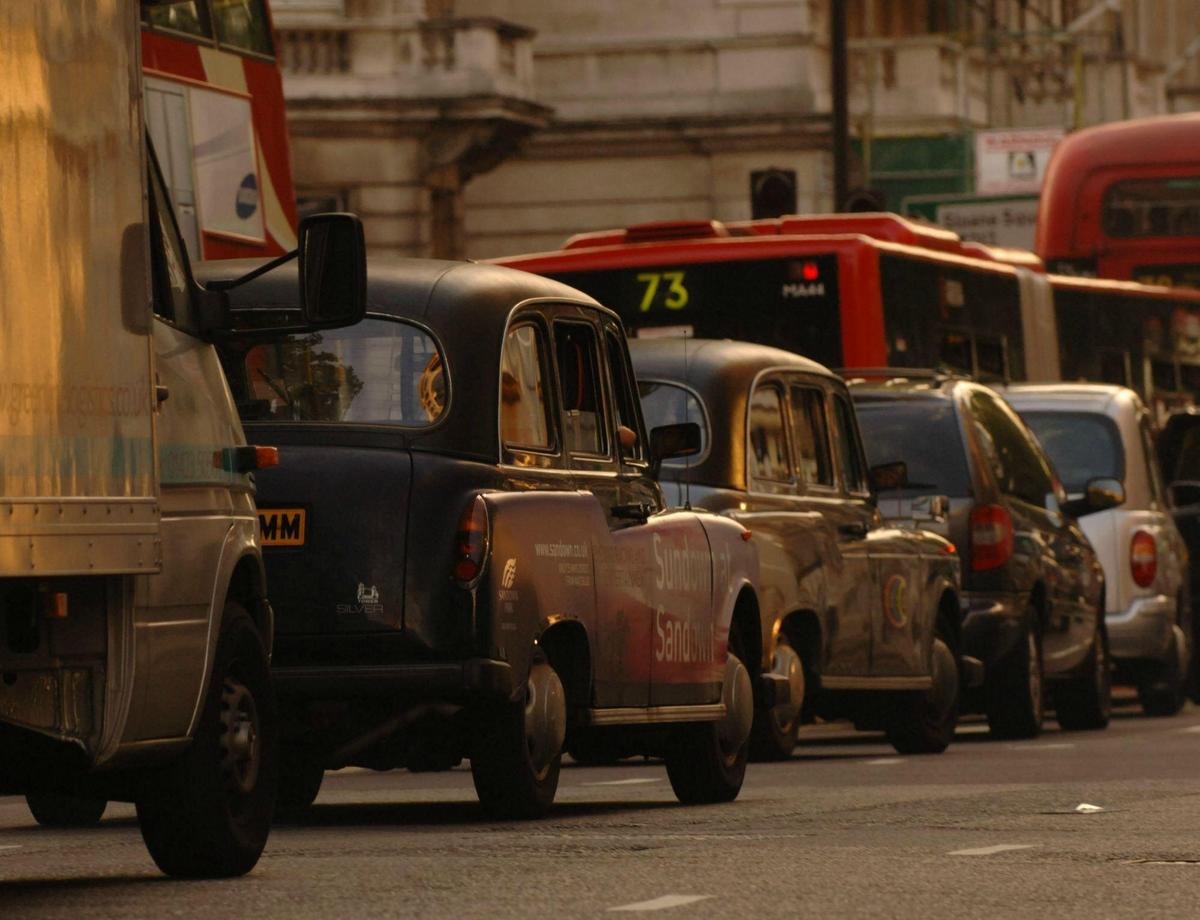
London has long been known for its busy streets, but newly released data for 2024 highlights just how severe the city’s congestion problem has become. According to a government study analyzed by Law Trucks, Westminster’s A5204 tops the list as the most congested road in England, with an average vehicle delay of 456.1 seconds per mile.
The Top Offenders: Heavy Delays in Westminster and Beyond
Westminster dominates the rankings, with the A5204, A4201, and A302 all making the top ten for England’s most congested A roads. The A4201 sees an average delay of 324.7 seconds per vehicle per mile, followed closely by the A302 at 291.9 seconds. Unsurprisingly, Kensington and Chelsea also face serious congestion challenges, with key roads like the A3217, A3216, and A3218 rounding out the top spots in the area.
Key Data on London’s Congested Roads
Here’s a breakdown of London’s worst offending roads and their average delays:
- A5204 (Westminster): 456.1 seconds/mile
- A4201 (Westminster): 324.7 seconds/mile
- A302 (Westminster): 291.9 seconds/mile
- A3217 (Kensington & Chelsea): Significant delays
- A3216 and A3218 (Kensington & Chelsea): Severe bottlenecks
Motorway routes also revealed concerning delays. The M4 eastbound between junctions 3 and 2, spanning Barnet and Hounslow, ranked as the most congested motorway in England. The A3113 eastbound between the M25 and A3044 in Hounslow also saw heavy average delays of 86.7 seconds per vehicle per mile.
How Can Londoners Cope?
For commuters and travelers, avoiding peak hours and exploring alternative transportation modes can mitigate the impact of these delays. Public transit, cycling, and even walking can offer faster and more sustainable options than sitting in gridlock.
Plan Ahead with Modern Navigation Tools
If driving is unavoidable, consider using intelligent navigation apps like Waze or Google Maps, which provide real-time traffic updates and suggest less-congested routes. Investing in a premium GPS device such as the Garmin DriveSmart 66 can also help you better manage your travel time.
The Bigger Picture
These findings highlight the need for long-term solutions to tackle London’s congestion. Initiatives such as expanding public transport access, implementing congestion charges, and encouraging remote work could ease the pressure on the city’s busiest roads. For drivers and city planners alike, understanding the data is the first step toward creating a better travel experience for all.


